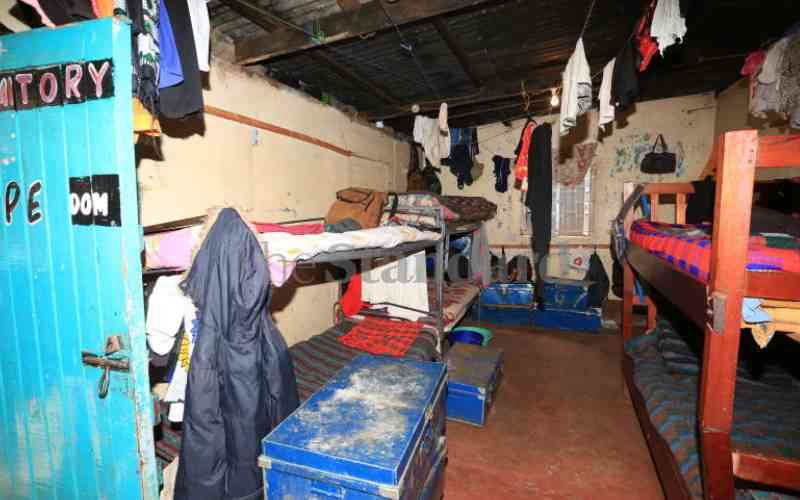×
The Standard e-Paper
Stay Informed, Even Offline

The majority of boarding schools in the country are not safe for children, a new report says.
The report by Usawa Agenda unearthed poor disaster preparedness in schools, with spacing between students' beds in dormitories below the stipulated guidelines.